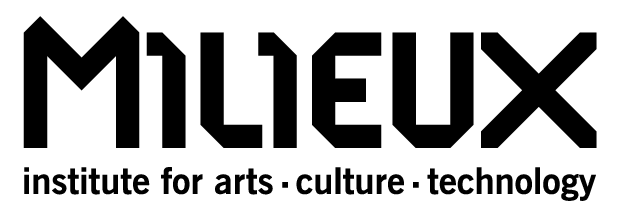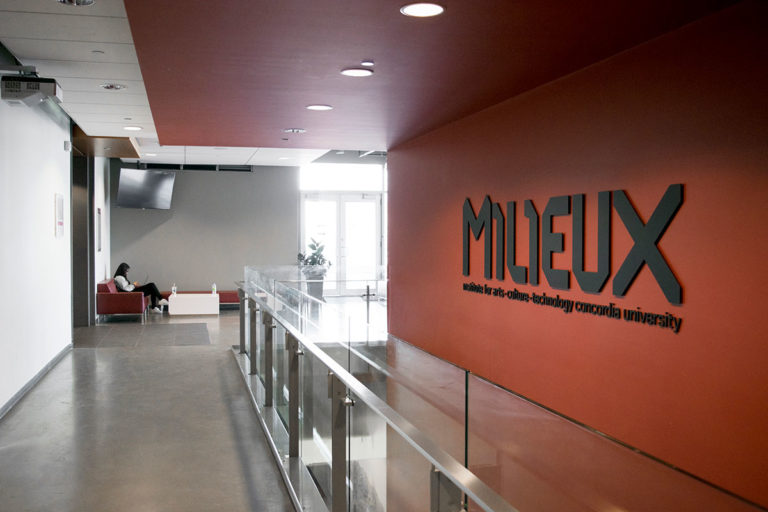A four-part series of book talks that address the global theme of (after) optimization, presented by the Speculative Life Machine Agencies sub-cluster
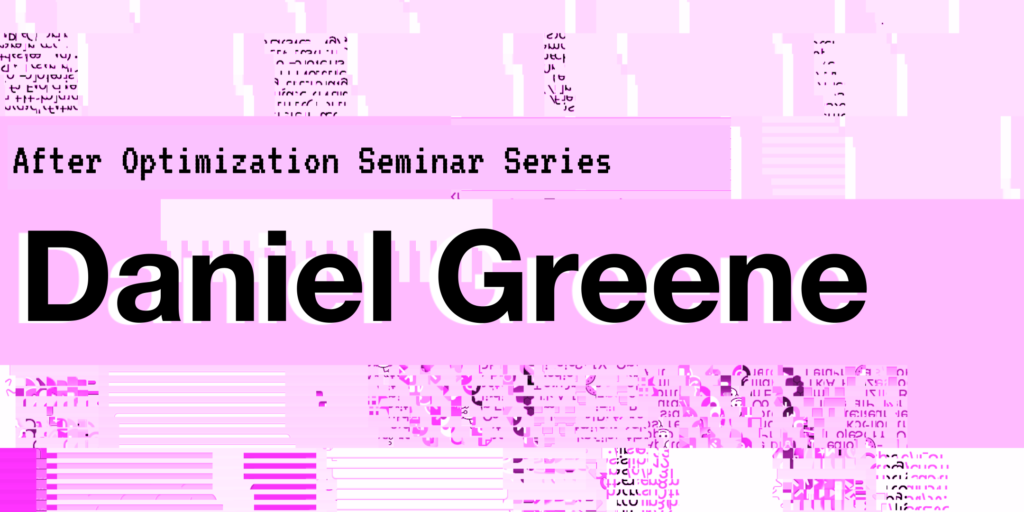
Daniel Greene – Tuesday, Sept. 28, 12 PM – The Promise of Access
Online
Why simple technological solutions to complex social issues continue to appeal to politicians and professionals who should (and often do) know better.
Why do we keep trying to solve poverty with technology? What makes us feel that we need to learn to code—or else? In The Promise of Access, Daniel Greene argues that the problem of poverty became a problem of technology in order to manage the contradictions of a changing economy. Greene shows how the digital divide emerged as a policy problem and why simple technological solutions to complex social issues continue to appeal to politicians and professionals who should (and often do) know better.
Greene shows why it is so hard to get rid of the idea—which he terms the access doctrine—that the problem of poverty can be solved with the right tools and the right skills. This way of thinking is so ingrained that is adopted by organizations that fight poverty—which often refashion themselves to resemble technology startups. Drawing on years of fieldwork, Greene explores how this plays out in the real world, examining organizational change in technology startups, public libraries, and a charter school in Washington, DC. He finds that as the libraries and school pursue technological solutions, they win praise and funding but also marginalize and alienate the populations they serve. Greene calls for new political alliances that can change the terms on which we understand technology and fight poverty.
Daniel Greene studies the futures of work as an Assistant Professor at the University of Maryland’s College of Information Studies.
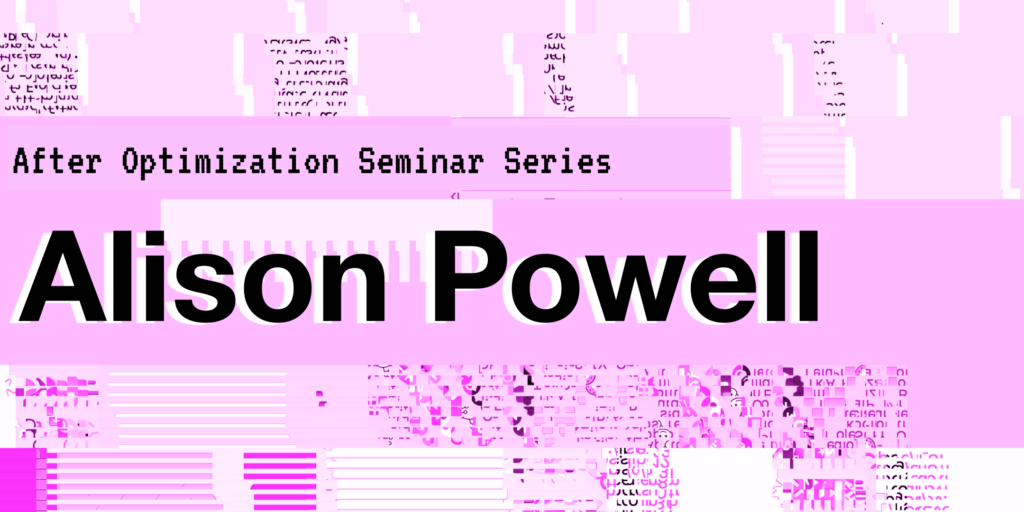
Alison Powell – Tuesday, Oct. 14, 12 PM – Undoing Optimization
In person with online component
A unique examination of the civic use, regulation, and politics of communication and data technologies
City life has been reconfigured by our use—and our expectations—of communication, data, and sensing technologies. In this book Alison Powell examines the civic use, regulation, and politics of these technologies, looking at how governments, planners, citizens, and activists expect them to enhance life in the city. She argues that the de facto forms of citizenship that emerge in relation to these technologies represent sites of contention over how governance and civic power should operate. These sites become more significant as an increasingly urbanized and polarized world faces new struggles over local participation and engagement. The author moves past the usual discussion of top-down versus bottom-up civic action and instead explains how citizenship shifts in response to technological change and particularly in response to issues related to pervasive sensing, big data, and surveillance in “smart cities.”
Alison B. Powell is associate professor of media and communication at the London School of Economics and Political Science and is Director of the JUST AI Network at Ada Lovelace Institute.
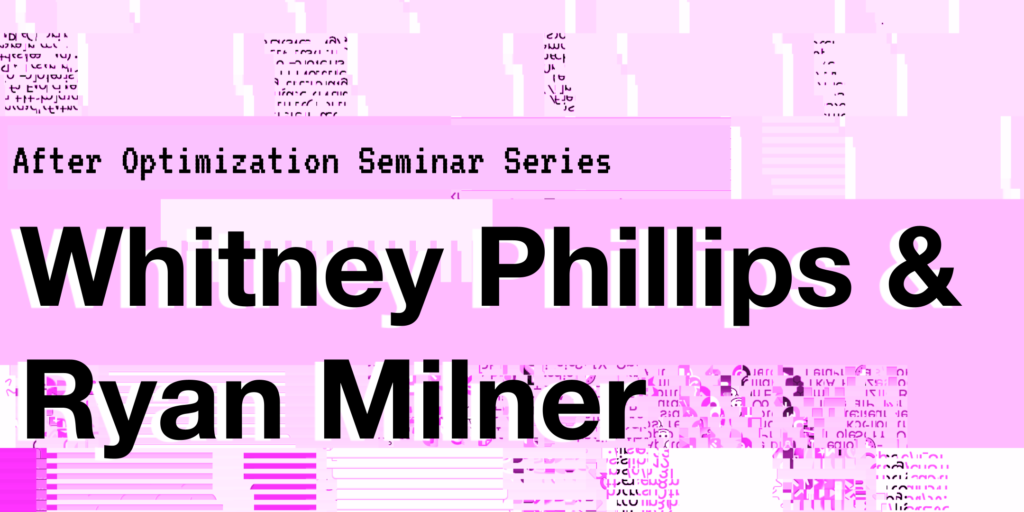
Whitney Phillips and Ryan Milner – Tuesday, Nov. 9, 12 PM – You Are Here
Online
How to understand a media environment in crisis, and how to make things better by approaching information ecologically.
Our media environment is in crisis. Polarization is rampant. Polluted information floods social media. Even our best efforts to help clean up can backfire, sending toxins roaring across the landscape. In You Are Here, Whitney Phillips and Ryan Milner offer strategies for navigating increasingly treacherous information flows. Using ecological metaphors, they emphasize how our individual me is entwined within a much larger we, and how everyone fits within an ever-shifting network map.
Phillips and Milner describe how our poisoned media landscape came into being, beginning with the Satanic Panics of the 1980s and 1990s—which, they say, exemplify “network climate change”—and proceeding through the emergence of trolling culture and the rise of the reactionary far right (as well as its amplification by journalists) during and after the 2016 election. They explore the history of conspiracy theories in the United States, focusing on those concerning the Deep State; explain why old media literacy solutions fail to solve new media literacy problems; and suggest how we can navigate the network crisis more thoughtfully, effectively, and ethically. We need a network ethics that looks beyond the messages and the messengers to investigate toxic information’s downstream effects.
Whitney Phillips is Assistant Professor in the Department of Communication and Rhetorical Studies at Syracuse University and the author of This Is Why We Can’t Have Nice Things: Mapping the Relationship between Online Trolling and Mainstream Culture (MIT Press).
Ryan M. Milner is Associate Professor of Communication at the College of Charleston and author of The World Made Meme: Public Conversations and Participatory Media (MIT Press).
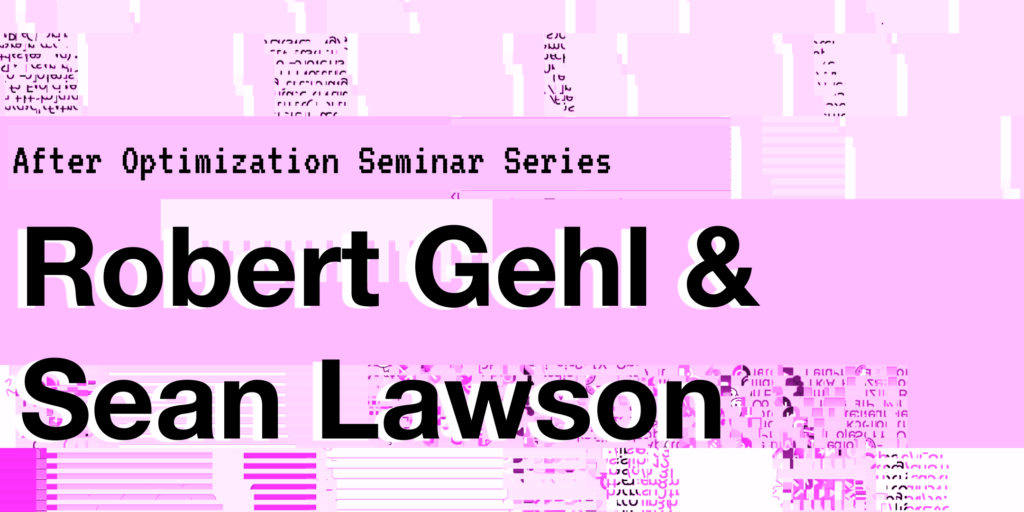
Robert Gehl and Sean Lawson – Thursday, Dec. 2, 12 PM – Social Engineering
TBD
Manipulative communication—from early twentieth-century propaganda to today’s online con artistry—examined through the lens of social engineering.
The United States is awash in manipulated information about everything from election results to the effectiveness of medical treatments. Corporate social media is an especially good channel for manipulative communication, with Facebook a particularly willing vehicle for it. In Social Engineering, Robert Gehl and Sean Lawson show that online misinformation has its roots in earlier techniques: mass social engineering of the early twentieth century and interpersonal hacker social engineering of the 1970s, converging today into what they call “masspersonal social engineering.” As Gehl and Lawson trace contemporary manipulative communication back to earlier forms of social engineering, possibilities for amelioration become clearer.
The authors show how specific manipulative communication practices are a mixture of information gathering, deception, and truth-indifferent statements, all with the instrumental goal of getting people to take actions the social engineer wants them to. Yet the term “fake news,” they claim, reduces everything to a true/false binary that fails to encompass the complexity of manipulative communication or to map onto many of its practices. They pay special attention to concepts and terms used by hacker social engineers, including the hacker concept of “bullshitting,” which the authors describe as a truth-indifferent mix of deception, accuracy, and sociability. They conclude with recommendations for how society can undermine mass personal social engineering and move toward healthier democratic deliberation.
Robert W. Gehl is F. Jay Taylor Endowed Research Chair of Communication at Louisiana Tech University and the author of Weaving the Dark Web (MIT Press).
Sean T. Lawson is Associate Professor of Communication at the University of Utah, Non-Resident Fellow at the Brute Krulak Center for Innovation & Future Warfare at the Marine Corps University, and author of Cybersecurity Discourse in the United States.
